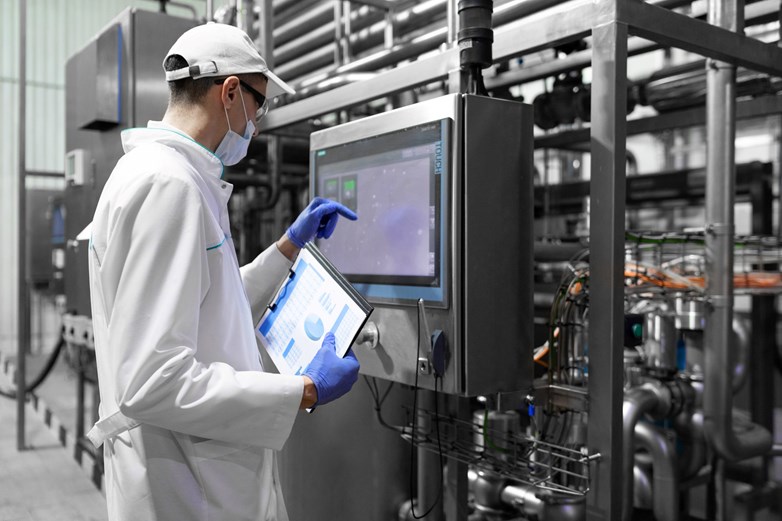
A competition has awarded £3m to support innovative projects focused on improving dairy production in northern England and southern Scotland.
Digital Dairy Chain, led by land-based college SRUC, has announced the winners of the 2024 Collaborative Research and Development Grant Competition.
They have each received grants of between £150-250,000 which will be invested in work taking place across in Cumbria and the South and West of Scotland.
Projects had to show a realistic potential to support business growth, scale-up, and create jobs for the sector within the region.
The five projects being awarded include an app allowing farmers to analyse heat stress and the impacts of cattle, with the aim of improving animal welfare and productivity.
Another project will see researchers integrating sensor technology to enhance manure management.
Benefits of this will include reduced pollution, improved soil health, increased crop yields, and social benefits through empowering farmers with technology.
This is the second round of funding following the winners from the previous round receiving £2 million.
The five 2024 winning projects this year faced competition from across the sector and have been awarded almost £1m between them.
Stuart Martin, programme director of Digital Dairy Chain, said: “The calibre of applications we received for this final round of R&D competition funding was once again exceptionally high.
"These are ground-breaking ideas across several innovative subject matters, which will have significant implications for dairy productivity and sustainable production on a national level.”
One of the winning projects is from Albasense, a University of the West of Scotland spin-out organisation.
They are developing a fast-response device to monitor carbon dioxide in breath for early diagnosis of bovine respiratory disease, which is currently costing the dairy industry £60-80m annually.
It is thought through early diagnosis it will allow timely intervention, reduce antibiotic use, and improve animal welfare which in turn will boost milk yields by 8%.
Another project seeks to biorefine waste milk from the dairy industry to create a casein-based fibrous growth material for horticulture.
It is hoped that this will serve as an alternative to traditional fertilisers and peat.
